
For those who have followed the Star Trek franchise, Star Trek: Discovery, like much of Alex Kurtzman’s creations, has been a point of contention. Many fans found the series difficult to watch, especially after its first season, which some described as a trek into mediocrity. Now, rumors have begun that Discovery has been decanonized—meaning it is no longer considered part of the official Star Trek timeline.
Star Trek has long been a cornerstone of science fiction, captivating audiences with its exploration of space and the human condition. But the direction of the franchise under Alex Kurtzman, especially shows like Star Trek: Discovery have resulted in mostly apathy towards the brand overall. When Discovery first premiered, it tried to set itself apart from the old series, by introducing new looks and new designs. The look of the Klingons for instance greatly conflicted with established lore, with an evolved, drastically different appearance, and introduced a war with the Klingons.

Now we’ve learned that the animated series Lower Decks may have decanonized Discovery, further charting the overall decline of the Star Trek brand. In the final episode of Lower Decks, characters encounter a phenomenon that transforms them into alternate versions of themselves, leading some viewers to interpret it in a way that Discovery is no longer part of the main canon. Giant Freakin Robot, noted that the transformation of a Klingon ship on the show into a Discovery-style design supports the rumor.

After the ship’s transformation, one of the Klingon crewmembers transforms into a Discovery-style Klingon, indicating that these ship designs and the Klingon designs are from an alternate universe. The Klingons on Lower Decks have always more closely favored the accepted, traditional designs of the films and earlier TV shows.


“This couldn’t have happened if those weird Discovery Klingons had ever existed in the prime Star Trek timeline,” writes Joshua Tyler for Giant Freakin Robot. writes “It means that Discovery and its Klingons, just like the J.J. Abrams Star Trek movies, happened in an alternate universe. One that has nothing to do with the rest of Star Trek.”
He goes on to say that Lower Decks showrunner Mike McMahan deserves credit for “fixing the entire Star Trek universe” with this finale, and notes that despite being a spinoff of Discovery, Strange New Worlds still maintains continuity with the classic Klingon portrayal, ensuring it remains part of the prime timeline.
Many fans are thrilled with this theory, because they don’t consider any of the post-Star Trek: Enterprise content to be legitimate Star Trek. Of course, it’s important to note that there is also the chance that the transformation of a Klingon in Lower Decks does not serve as definitive proof that Discovery exists outside the prime timeline.

The Shift in Cultural Relevance
Star Trek once stood as a cultural phenomenon, shaping discussions around exploration and ethics in space. However, it has now become an irrelevant collection of shows on streaming platforms, overshadowed by its own legacy, and tainted by the shallow interpretations of JJ Abrams and Alex Kurtzman. The fun debates of yesteryear have sadly shifted from Star Trek vs. Star Wars to a more somber discussion about which of the franchises has suffered more damage over the years.
Both Star Wars and Star Trek need a significant hiatus, and an adherence to established lore and canon in order to recover from the damage inflicted by recent productions. Maybe a controlled demolition of both beloved franchises can undo what can only be interpreted as deliberate attempt to undermine the original spirit of both brands. It’s long past time for Star Trek to return to storytelling that honors the legacy of the original series, not fills a checklist of DEI quotas.
Lower Decks‘ apparent decanonization of Star Trek: Discovery proves that those in charge of the franchise need to come to terms with the identity and relevance of Star Trek by reconnecting with its fans and with its roots while still focusing on fun storytelling. Whether a real deconnonization or just a silly scene that means nothing, it indicates that the future of Star Trek remains uncertain, but there is still hope for a return to its original ethos persists among its dedicated fanbase.
****


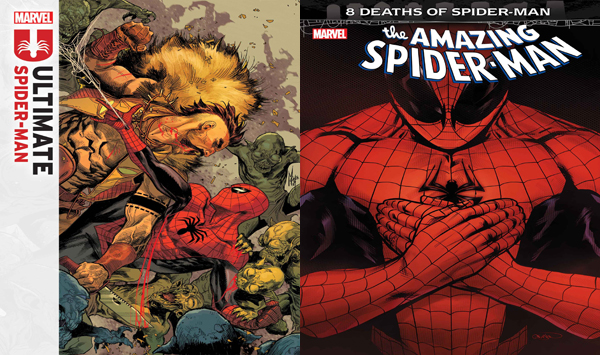


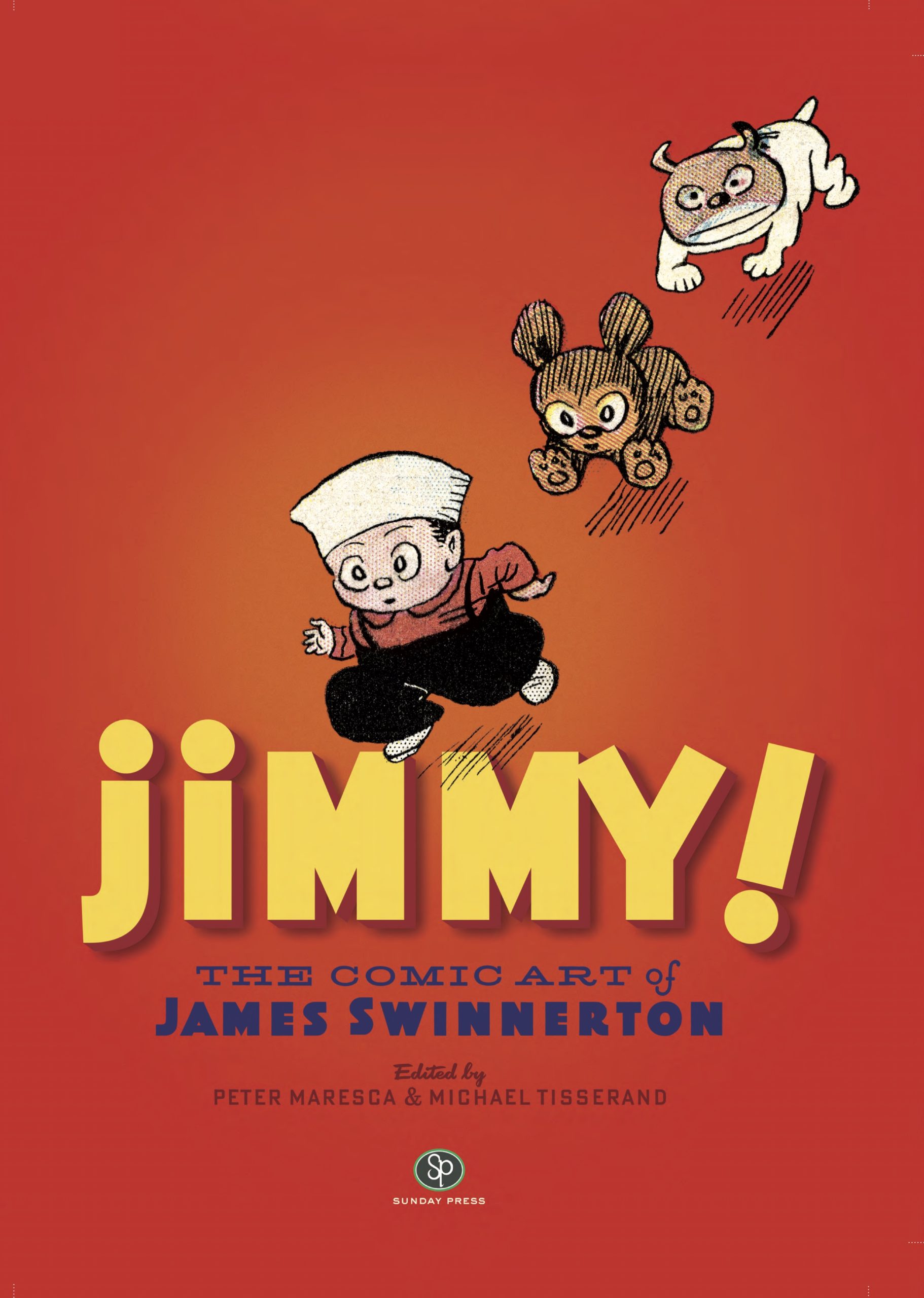



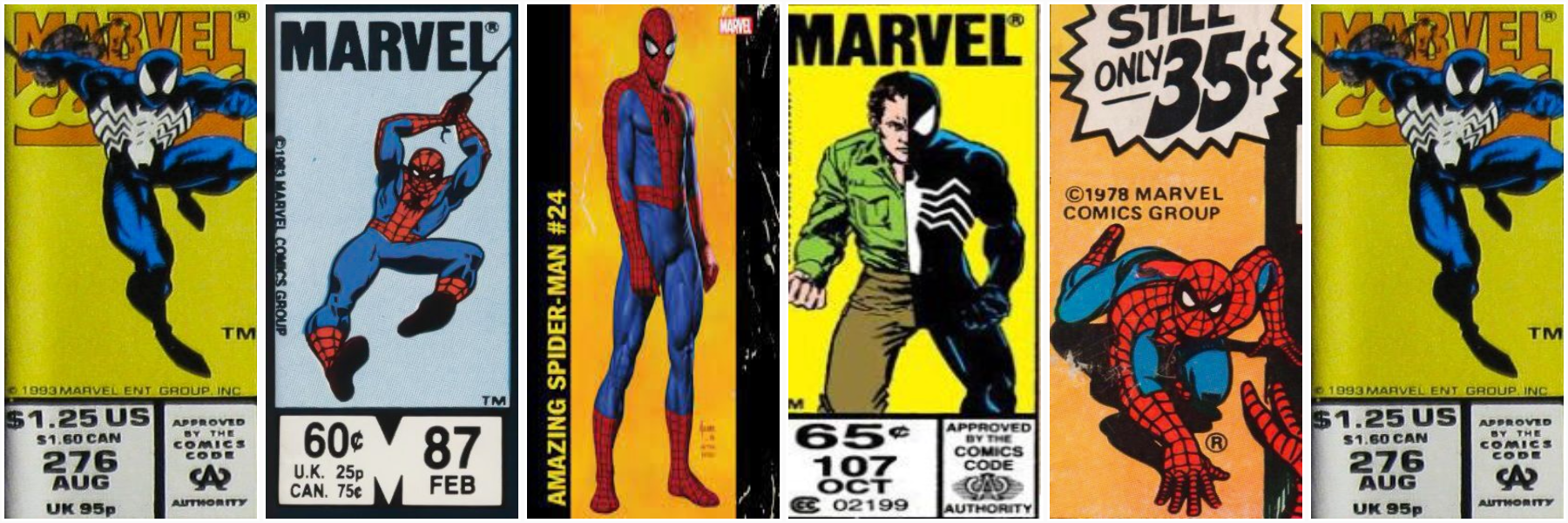

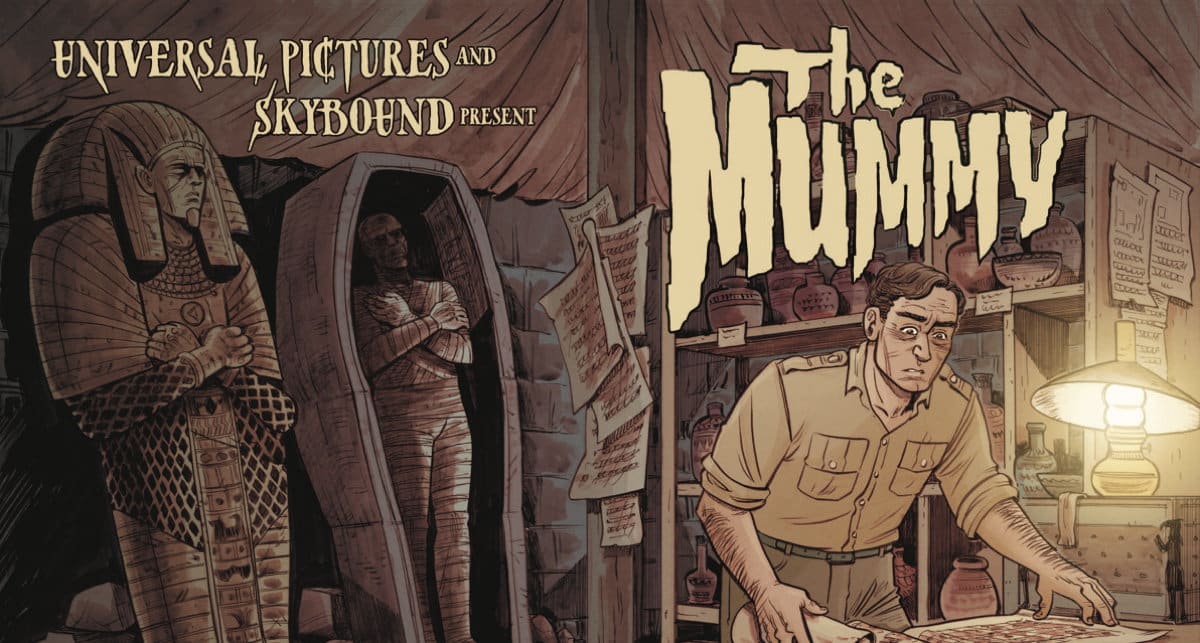

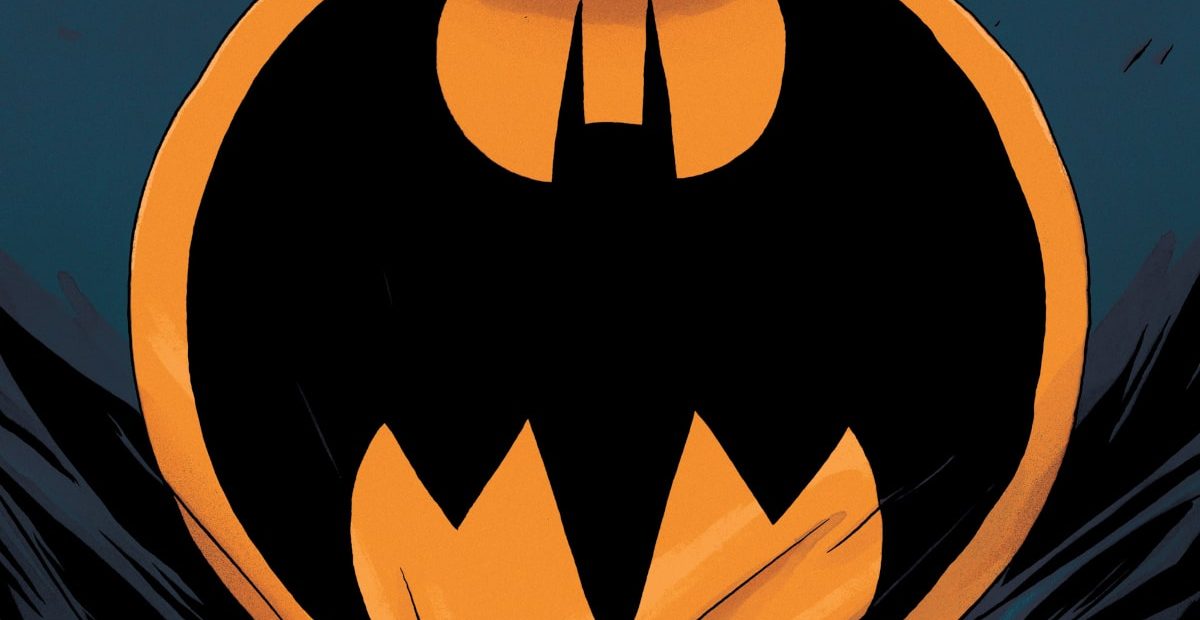

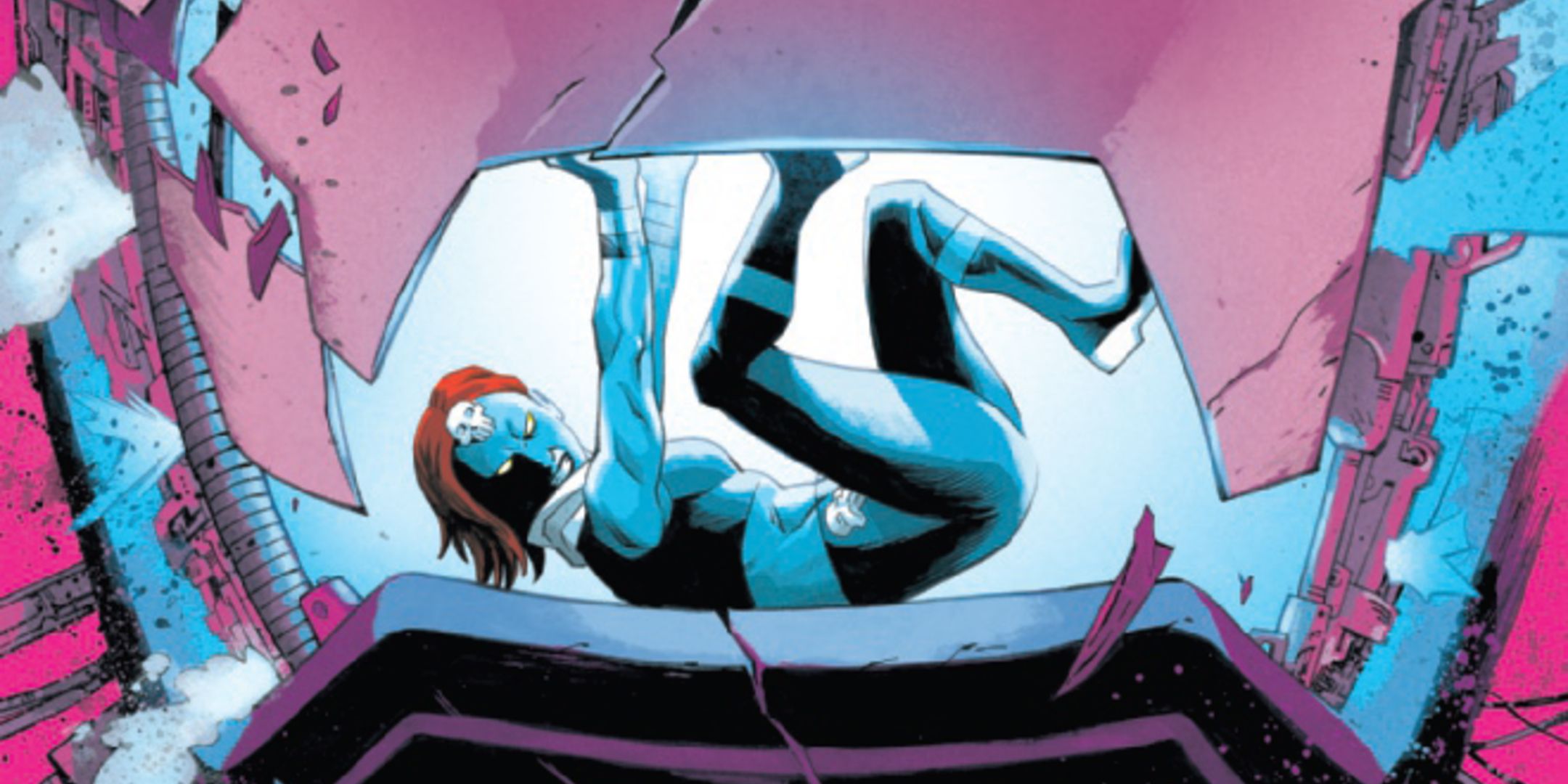

 English (US) ·
English (US) ·